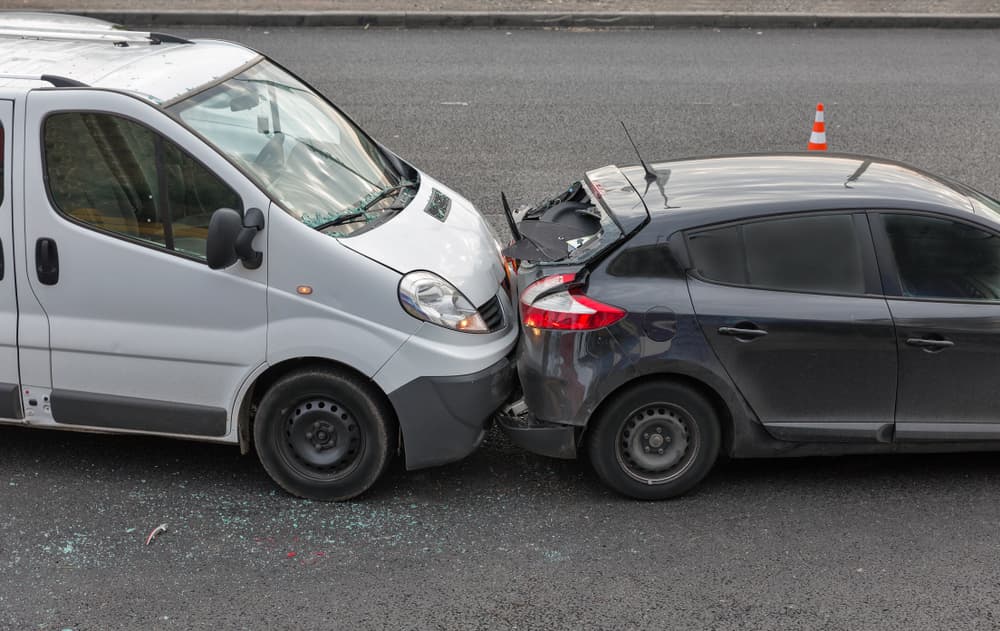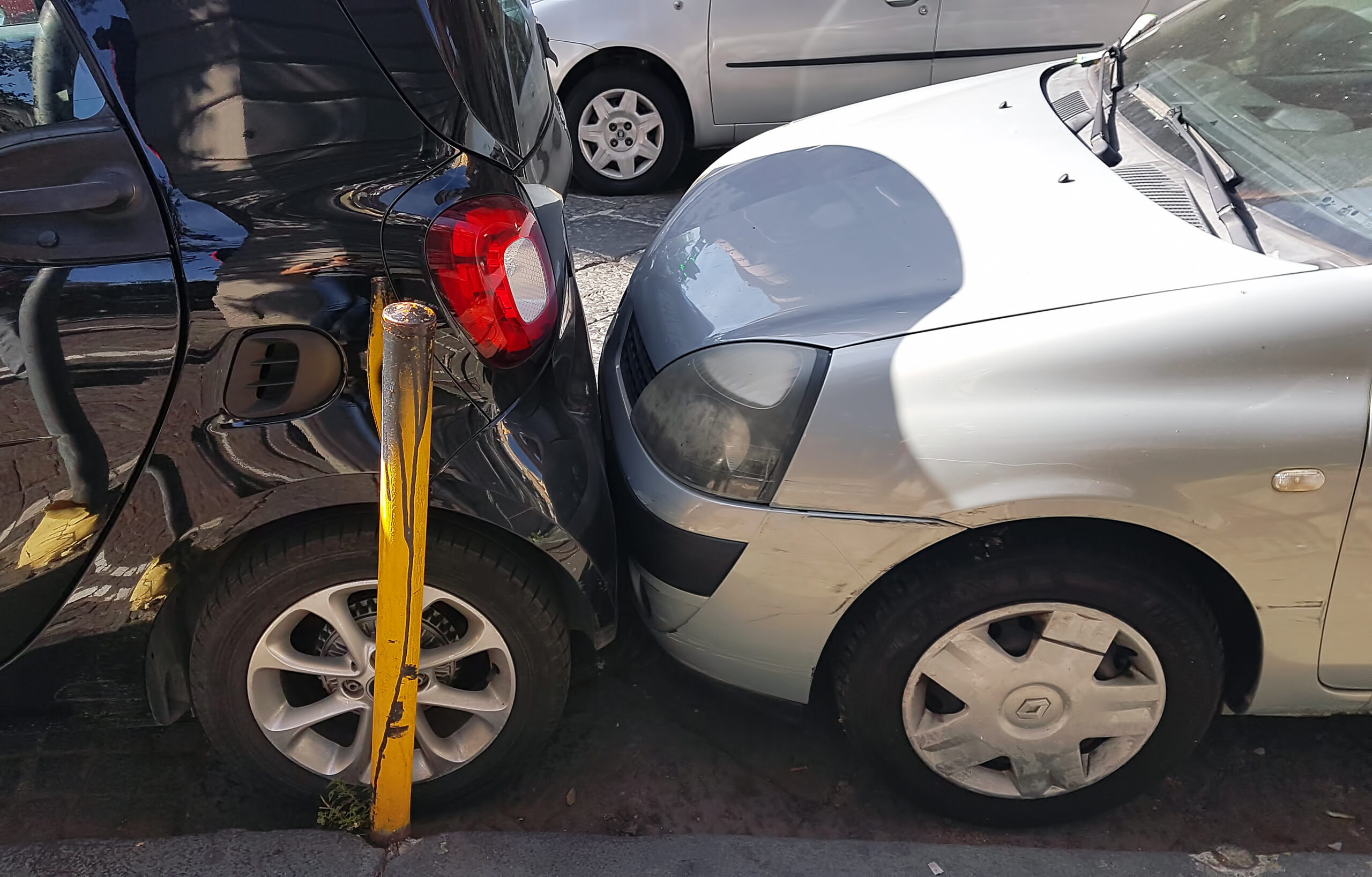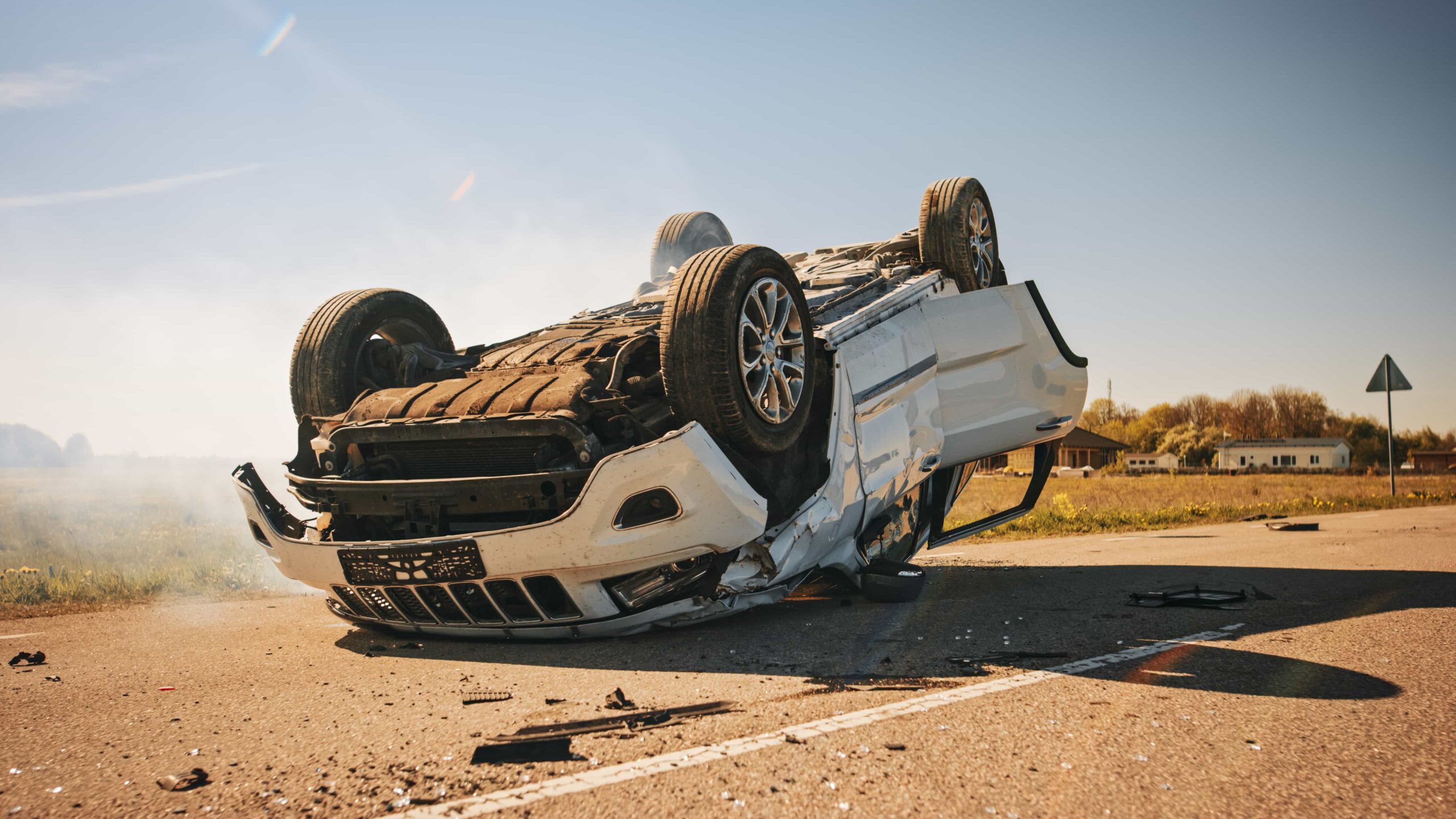How Much Do Car Insurance Rates Go Up After an Accident?
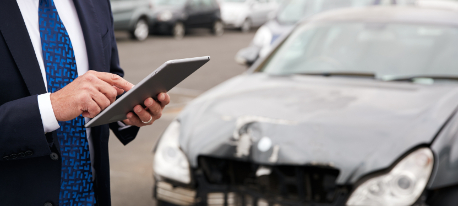
People typically focus on compensatory economic and non-economic damages when discussing the consequences of car accidents.
However, these aren't the only potential financial problems auto accidents cause. In addition to the cost of injuries, an accident can increase your car insurance policy premiums.
But what exactly does this mean for you? And how can you avoid an insurance increase after the accident?
The answer, as with most things related to insurance, is complex. Fortunately, there are steps you and your Chicago car accident lawyer can take to protect your financial future.
How Is a Car Insurance Rate Calculated?

Every state has its own rules and regulations when it comes to car insurance rates. However, some factors are considered almost universally by insurance providers:
- Your Driving Record: A clean driving record without any tickets or accidents can help keep your car insurance costs low.
- Your Age and Gender: Unfortunately, young male drivers often pay higher rates than older female drivers due to statistical data showing a higher risk of being involved in an accident.
- Your Deductible: A higher deductible means you'll have to pay more out of pocket in the event of an accident, but it can also lower your car insurance rates.
- Your Car's Make and Model: Certain makes and models are considered safer than others, which can impact your insurance rates.
- Where You Live: Urban areas tend to have higher insurance rates due to the increased risk of accidents and theft.
- Your Credit Score: Insurance providers may use your credit score to determine your rates, as studies have shown that individuals with lower credit scores are more likely to file claims.
Your car insurance policy may be based on a combination of these factors, and the specific weight given to each can vary between auto insurance companies.
Why Do Insurance Rates Increase After a Car Accident?
Surcharges
One of the reasons your insurance rates may increase after a car accident is because of surcharges.
These are penalties imposed by the car insurance company for causing an accident or receiving multiple traffic violations within a certain period of time.
The exact amount will depend on your insurance provider and state regulations. If you have a history of causing accidents or receiving traffic violations, the surcharge may be higher than those without.
Surcharge increases can be temporary or permanent, depending on the insurance company.
Higher Risk Classification
Another reason your insurance rates may increase after an accident is that you are now considered a higher-risk driver.
In the eyes of the insurance provider, you are more likely to be involved in another accident.
Those deemed high-risk drivers usually pay a higher car insurance premium, which may last several years or until their driving record improves.
Protecting the Bottom Line
Car insurance companies are a business, and their ultimate goal is to make a profit.
Their bottom line is affected when they have to pay for claims caused by an accident.
Moreover, it highlights a potential risk for future claims that diminish company profits.
Considering that car crashes cause physical and property damage often exceeding the maximum of your policy's coverage, it's easy to see why they quickly pass that cost onto you.
What Accidents Increase Car Insurance Premiums?
Rollover Accidents
Rollovers are among the most dangerous, damaging, and expensive car accidents.
These accidents often result in severe injuries and property damage, so insurance companies tend to increase premium rates for those involved in such accidents.
Furthermore, rollover accidents occur because drivers disregard important safety precautions, such as wearing a seat belt or driving at excessive speeds, making the insured more of a liability for future accidents.
DUI/DWI Accidents
Driving under the influence of drugs or alcohol is not only dangerous, but it can also have severe consequences for your insurance rates.
If you are convicted of a DUI or DWI, insurance companies may view you as a high-risk driver and increase your premiums accordingly.
Additionally, a DUI or DWI conviction can result in losing any good driver discounts you may have received, further increasing your rates.
Multi-Car Pile-Ups
Multi-car pile-ups are another type of accident that can cause significant damage and injuries.
Insurance companies may increase premiums for those involved in these accidents due to the potential risk of paying for multiple claims at once.
This is especially true if you were at fault for causing the pile-up, as it shows a higher level of negligence and responsibility.
Rear-End Accidents
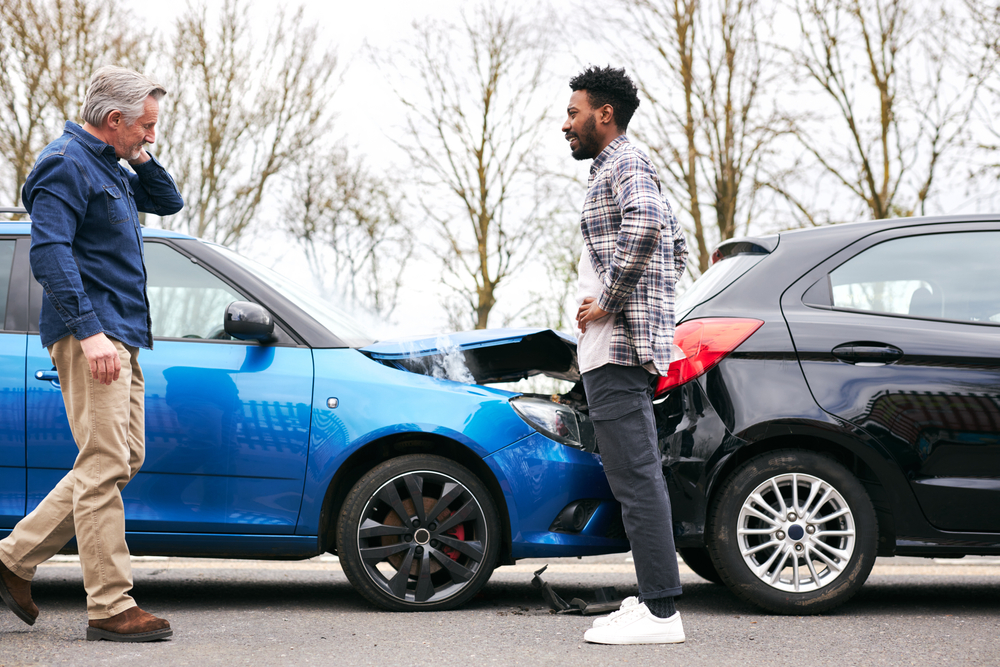
While rear-end accidents may not always result in severe damage or injuries, they can still impact your insurance rates.
This is because these types of accidents are often caused by distracted driving or tailgating, which indicates a higher risk for future accidents.
In most states, distracted driving can be grounds for establishing fault, meaning that even the injured parties may be liable for the accident and see their car insurance rates increase.
Bicycle or Pedestrian Impact
Hitting a bicyclist or pedestrian with your car has serious consequences for both the victim and you as a driver.
In addition to legal repercussions, insurance providers may increase your rates if you are found to be at fault.
This is because it shows a lack of caution and awareness while driving, increasing the risk of future accidents.
Considering that the medical costs alone from a bicycle or pedestrian accident is substantial, it's easy to see why insurance companies rush to protect themselves financially at your expense.
Traffic Violations
Even if your car accident results in no significant damage or injuries, receiving a traffic violation in relation to the accident can still impact your insurance rates.
This is because it shows a lack of responsibility and caution while driving, which puts you at a higher risk for future accidents.
Insurance providers may view this as a reason to increase premiums to protect themselves financially from more expensive claims in the future.
Lapse in Payment
Even if you are not at fault for an accident, your insurance rates may still increase if you miss a payment because your car has been totaled or your earning capacity has diminished.
Missing payments is seen as a lack of responsibility and reliability, which may cause the insurance company to view you as a higher risk.
It is vital to keep up with car insurance payments and avoid coverage lapses after an accident to maintain affordable auto insurance rates.
What Will Not Increase My Insurance After an Accident?

The only way to avoid increased car insurance rates after an accident is if the other driver involved is found to be at fault and their insurance company covers all the damages.
These are considered "not-at-fault" accidents.
What will follow is known as subrogation, where your insurance company seeks reimbursement from the at-fault driver's insurance company for any damages they have paid out on your behalf.
You may think you are at fault for the accident, but in truth, you may not be. Working with an experienced car accident lawyer can help establish the other driver was to blame, saving you the financial burden of higher car insurance rates.
How To Keep Insurance Rates From Increasing After a Car Accident?
Hire a car accident attorney.
After receiving care at the scene, your next step should be to contact a personal injury lawyer.
Experienced attorneys know what insurance companies look for when determining fault and may be able to prove or negotiate a lower fault percentage for you.
Legal representation also ensures you can file a personal injury claim against the at-fault driver when insurance isn't enough to cover all damages.
Shop around for car insurance quotes.
If you experience a rate increase after an accident, it may be worth shopping around for car insurance quotes from other providers.
Insurance companies use different criteria to determine rates; some may offer more forgiving policies for those whose driving records aren't accident-free.
It is also wise to look for car insurance companies that offer accident forgiveness.
An accident forgiveness program allows one or more at-fault accidents to be forgiven before increasing rates.
It's important to note that constantly switching insurance providers may also negatively impact your rates.
File an At-Fault Insurance Claim
In states such as Arizona and Illinois, drivers may have the option to file an "at-fault" accident claim with their insurance company even if they were not at fault for the accident.
This claim typically triggers an investigation by the insurance company as they will try to do what they can to minimize their financial exposure.
As a result, they could find that you were not, in fact, at fault for the accident, keeping your car insurance rates from increasing.
This particular option has its risks. Before filing this type of claim, seek legal advice from an experienced car accident attorney.
How Much Do Insurance Rates Go Up After A Car Accident?
There is no set percentage or amount that insurance rates will increase after a car accident, as it varies depending on the circumstances of each case, including but not limited to:
- The severity of the accident
- At-fault percentage
- Driving history
- Insurance provider's policies
Some drivers may see a slight increase in premiums up to 20 percent, while others may experience an increase of as much as 50 percent.
Remember that even if your insurance rate increases a small percentage, you'll pay that amount for five or more years.
This can amount to thousands of dollars that could be better spent on other necessary expenses.
Contact a Personal Injury Lawyer To Avoid Insurance Increases After an Accident
After a car accident, there is a lot to consider. Though your auto insurance rates may be the last thing on your mind, they can have a major long-term impact on your finances.
Unfortunately, an accident's physical and emotional stress makes keeping insurance rates at the top of your to-do list even more challenging.
That's why it is essential to consult a car accident lawyer with experience filing and negotiating insurance claims for accident victims. With their help, you can proactively protect your driving record to avoid an insurance increase after an accident in Chicago.
Schedule your free consultation with experienced legal professionals at Abels & Annes, P.C. to discuss your legal options.

